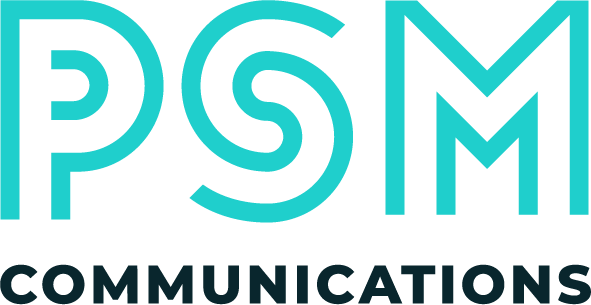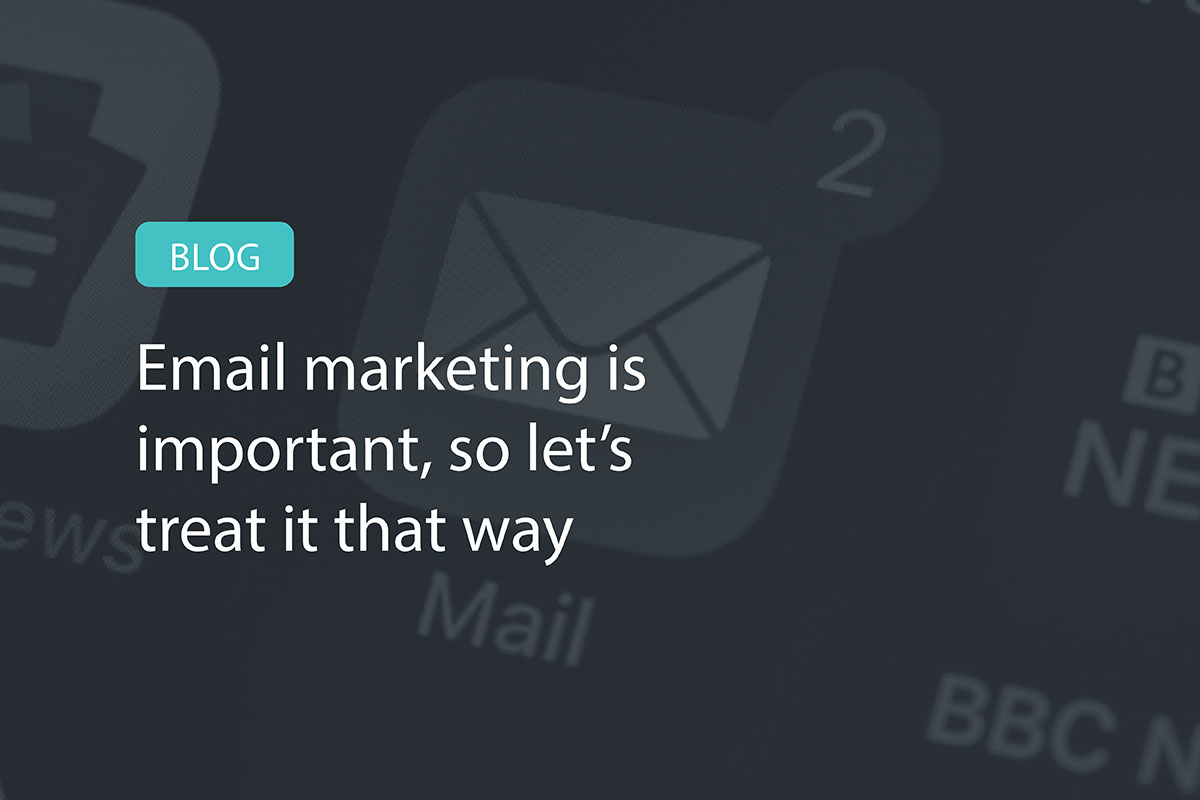We’ve been having a lot of conversations with people recently regarding email marketing. A former colleague of mine Rosana Wayand wrote a great article on Linkedin about ‘Reviving your tired B2B marketing’. Two points stood out for me: we need to make our marketing more interesting and we must remember that we are talking to humans. She’s spot on. And when I read this article it made me reflect on those recent email conversations.
Why are we using emails? What is the purpose?
Marketers rightly still see the value:
- 86% of business professionals choose email communication over any other channel to discuss any business-related topics.
- B2B email marketing has the biggest impact on revenue compared to SEO and social media.
- The CTR of B2B email campaigns is 47% higher than the CTR of B2C email campaigns.
- Email is among the most influential sources of information for B2B audiences, behind only colleague recommendations and industry-specific thought leaders.
- More than 50% of B2B prospects check their email 10 times a day.
- 59% of B2B marketers suggest that email marketing is their best performing strategy in terms of revenue performance.
But, B2B is broad. What is its purpose in professional services marketing?
For me, email marketing is incredibly important. It should be central to any professional services marketing strategy. However, there is a danger in becoming lazy. “Let’s just send an email campaign out to list in this sector…” It’s not going to work. You might get one or two responses, but you’ll also be frustrating hundreds, possibly thousands of others. In our recent report ‘Standing out in a Crowded Market: 5 ways to succeed in professional services marketing’, Mel Millner, HR Director at Aston Villa Football Club pleaded to professional services marketers to stop sending a stream of emails that she hadn’t asked for. I can understand it. My inbox gets full of irrelevant emails every day. It’s tiring scrolling through and deleting them. It’s time-consuming and there’s always a risk that I then miss something important.
My inbox gets full of irrelevant emails every day. It’s tiring scrolling through and deleting them. It’s time-consuming and there’s always a risk that I then miss something important.
Yet, when I a perfectly crafted email lands that talks to me as a ‘human’, I read it and I will typically always respond. So, this month I wanted to build on Rosana’s email and share my six principles for successful email marketing. This is what we preach to all of our clients.
Write to gain trust
Human nature means we are always more likely to trust someone who has been in the same situations as we have – shared experiences are important.
When writing your email copy, ensure it comes from a place of trust rather than incentivising a sale. Your expertise and compassion will shine through.
Be clear and concise
The ideal email length is between 50 to 125 words. Your email is one of many that lands in a recipient’s inbox, so aim to get their immediate attention (and maintain it) through clarity and a message that gets directly to the point.
Ditch the Pitch
Don’t think of emails as transactional – there are no quick wins. Provide genuine value through thought leadership that will support your clients with their pain points, or which presents them with something fresh and new. If you can link your service to these opportunities, great, but don’t force it – and not straight away.
Your priority should be on creating a favourable impression of your firm. Your emails should be part of a well thought out nurturing programme. Pay off may not be immediate, but it will open new doors and give you the opportunity to build relationships which will come to fruition down the line.
Be Human
This is where everyone falls down. Your recipients are humans, just like you and just like me. Just because you are communicating to people digitally, why should it be any different to how you would address someone face to face? Once you’ve written your email, read it back to yourself and ask, is that how you would address that person if you met them for the first time at a networking event, for example? If not, bin it and start again.
Don’t be Stuffy
Are you as tired as me of ‘the new normal’? I think we could all have a wonderful game of Covid-email bingo. Jargon/buzz-words has never been the way to any client’s heart. Your credibility stems from your experiences, your work, it doesn’t come from being a walking buzzword dictionary. Again, your recipients are human-beings! Of course, you must adhere to your firm’s tone of voice, but please be personal!
Authenticity is Key
If there is one positive thing to come from the Covid pandemic, it is firms being more ‘authentic’ in their communications – this must continue. People are placing more importance on a firm’s beliefs and values than ever before; by all accounts over 60% of people now base their purchasing decisions on whether or not a brand shares their values.
Being real matters, but if it’s not genuine, don’t even bother – people will see through it.
Email marketing remain a powerful channel, and when done right you can generate a lot of opportunity, but it needs to be done right. Long live email.

